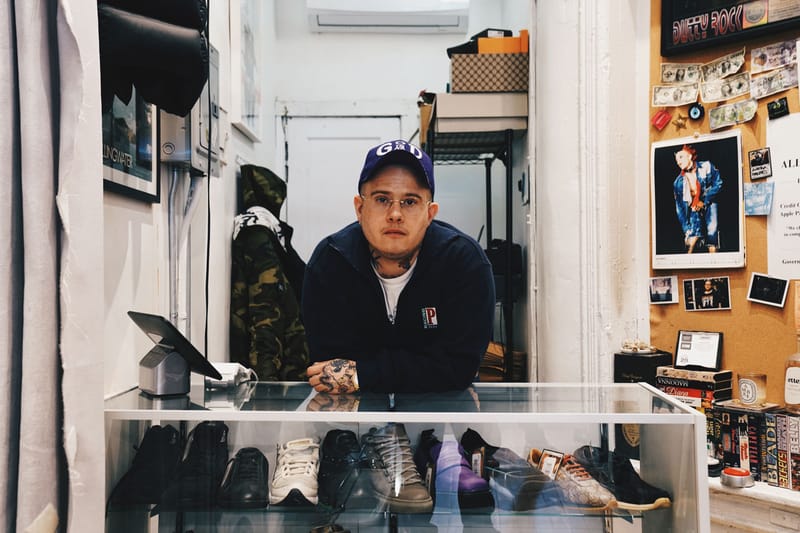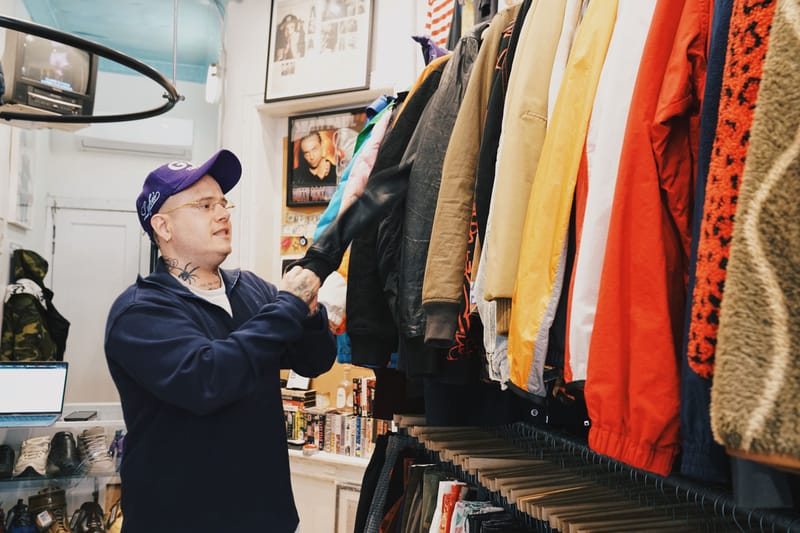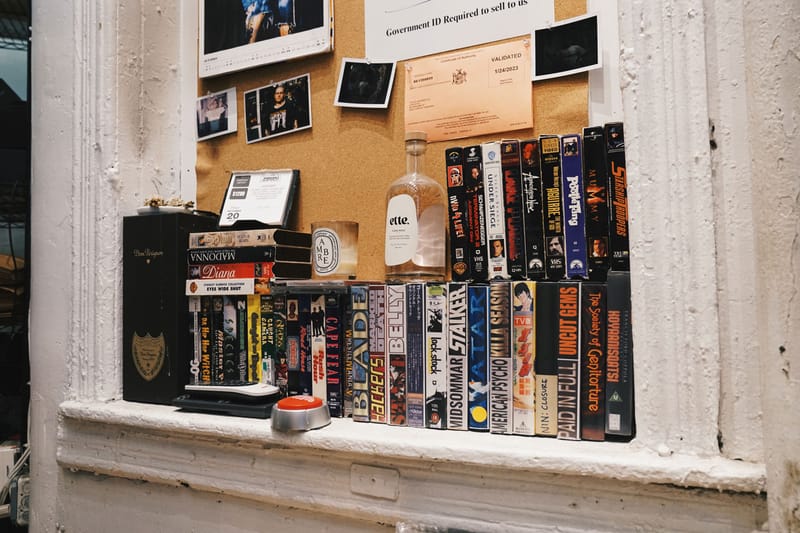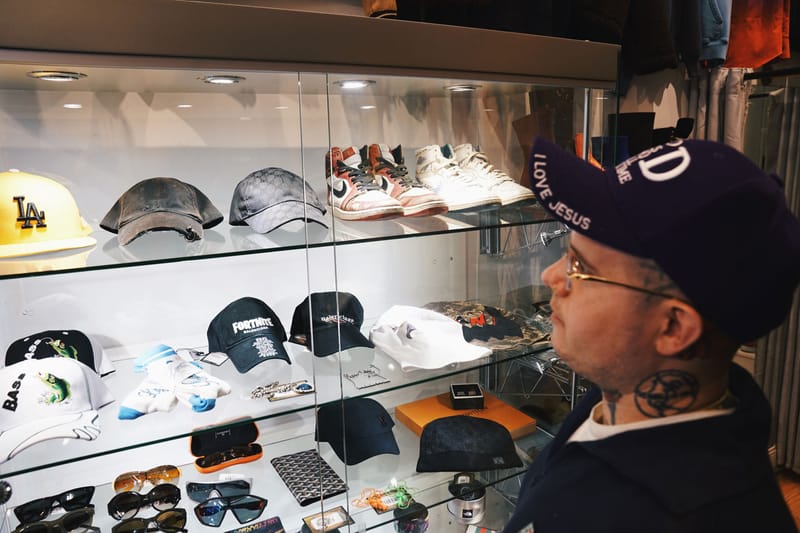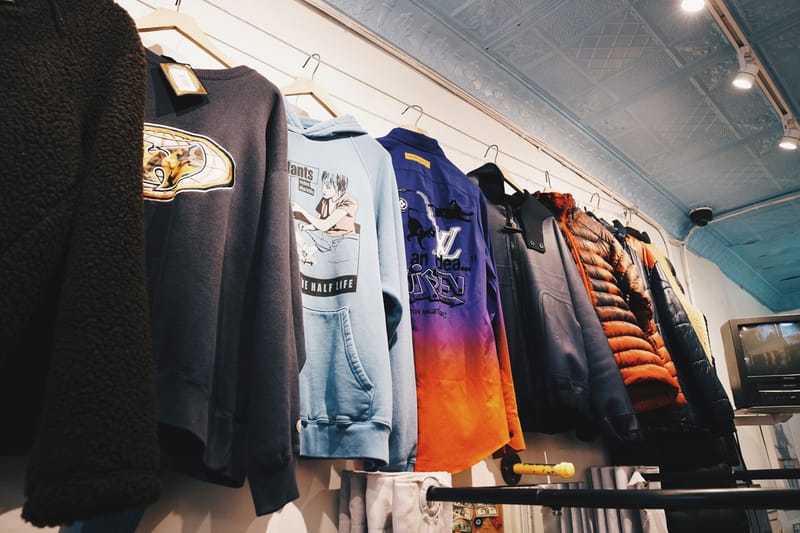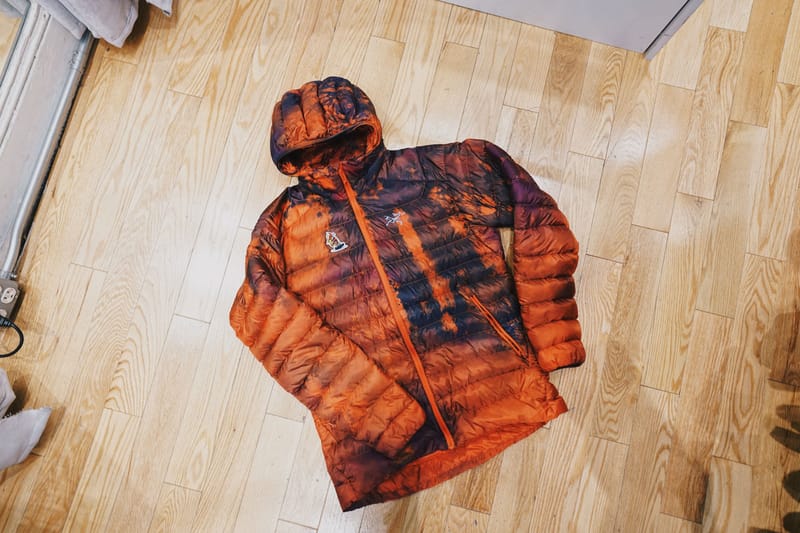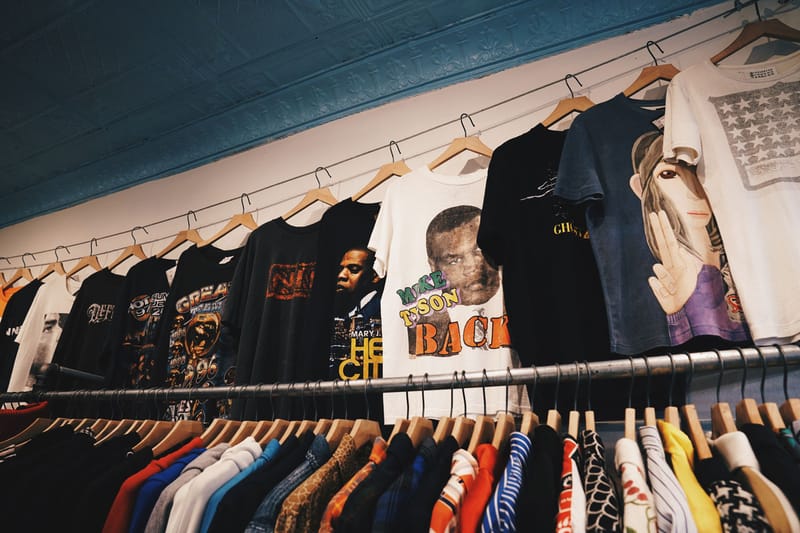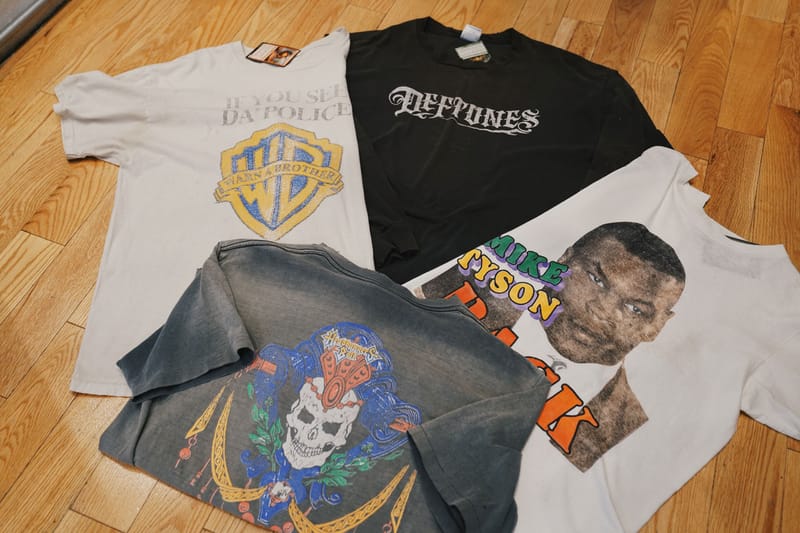Luke Fracher on How Luke’s NYC Is the “Barbershop” of High-End Aftermarket Clothing
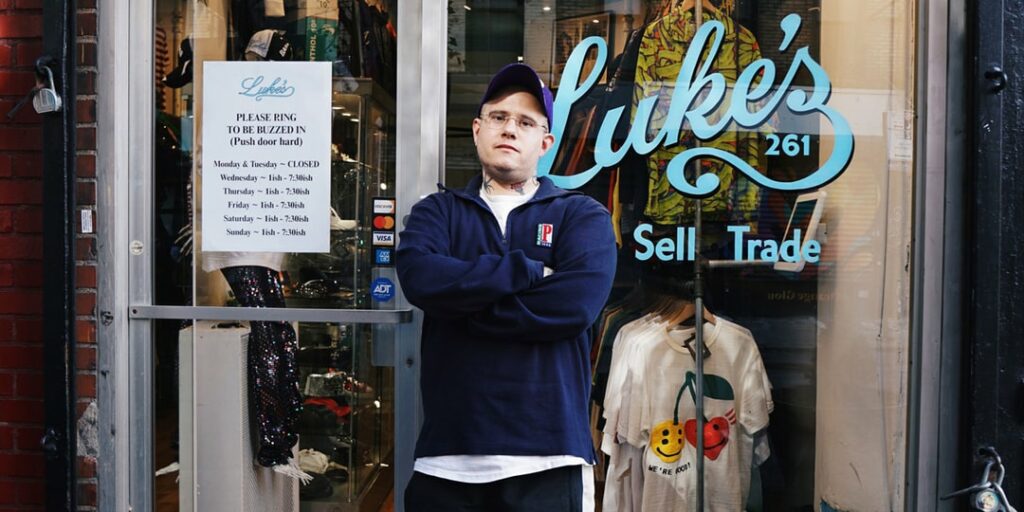
Luke Fracher has always loved clothes. From his first-ever job at Legends, a sneaker/sporting goods store in Virginia, to co-founding of Round Two, clothing, specifically buying as trading is second nature to the NYC-based, self-described “lowly merchant.” But Fracher’s dual affinities for second-hand vintage and high-end clothing led him to expand his vision – opening the doors to Luke’s NYC, his sole-proprietor business described as a “highly curated buy/sell/trade clothier” in December of 2022. For the uninitiated, it’s a similar business model to Round Two: a middleman for highly desirable aftermarket goods. The main difference, however, is that Luke’s NYC almost exclusively offers clothes from luxury houses — you won’t find Round Two’s streetwear-heavy selection here.
Fracher is approaching a year in his space, and, as any Lower East Side business owner does, he’s got plenty of stories to tell. But amongst it all, Fracher just wants to create the “barbershop” of highly curated buy/sell/trade stores – fostering an atmosphere that’s welcoming, intimate and accessible.
“I love clothes. That’s why I do this is and that’s why I’m good at it.”
Hypebeast: You’re approaching your first anniversary. What are some of the most memorable things about the journey thus far?
LF: It’s been a lot of fun, obviously — that, and stressful…What was also interesting is the first four or five months 95% of people who pulled up knew about me, so it was really nice to know that people trust my curation and want to come talk to me about it. I’m super grateful for that and grateful for the opportunity I had at [Round Two] to learn, grow and basically get a master’s degree in running a business.
The most fun thing about working at Round Two was always telling random people bringing in sh*t they didn’t think we’d take that we would take it, so being able to see all the different things that come through my door from the coolest people in the coolest city in the world has been really rewarding and fun as well.
How do you maintain a curated inventory?
It’s an ongoing process. Every day, we’re putting new stuff out … just switching it around so it remains fresh and as shoppable. There’s no scientific method. I think merchandising is more of an art. I’ve been doing this sh*t for almost 20 years and it’s really second nature to me. I do my best to mitigate people’s stress levels, especially if there are a few people in here because it’s a very intimate space.1 of 3
Nicholas Llanton/Hypebeast2 of 3
Nicholas Llanton/Hypebeast3 of 3
Nicholas Llanton/Hypebeast
You’re approaching your first anniversary. What are some of the most memorable things about the journey thus far?
It’s been a lot of fun, obviously — that, and stressful…What was also interesting is the first four or five months 95% of people who pulled up knew about me, so it was really nice to know that people trust my curation and want to come talk to me about it. I’m super grateful for that and grateful for the opportunity I had at [Round Two] to learn, grow and basically get a master’s degree in running a business.
The most fun thing about working at Round Two was always telling random people bringing in sh*t they didn’t think we’d take that we would take it, so being able to see all the different things that come through my door from the coolest people in the coolest city in the world has been really rewarding and fun as well.
What brands push the needle in fashion for you personally and on the shelves of your store?
Balenciaga, Vetements, Rick Owens and Virgil Abloh-designed Louis Vuitton all do really well for us, even old Supreme. But it’s like “is this a self-fulfilling thing where the clothes I like sell well for me, or do I like them because I think they’re going to sell?” I don’t know if it’s the chicken or the egg. We’re all chronically online and we all reference the same sh*t. I think I like it because it’s cool, but is that really the truth? I mull that over a lot.
What’s the most exciting part about sourcing?
Not needing to shop because my dopamine is going off every day. My shopping addiction is being fueled by interacting with people and buy stuff every day. I love clothes. That’s why I do this is and that’s why I’m good at it.
Before [I opened Luke’s NYC],, I wanted to do so many different things. I had been doing operations for Round Two for so long, and when I started selling on Grailed in April of [2022], I realized it’s what I’m good at and actually enjoy doing.1 of 3
Nicholas Llanton/Hypebeast2 of 3
Nicholas Llanton/Hypebeast3 of 3
Nicholas Llanton/Hypebeast
Much of retail seems to be about world-building. How did you build the world of Luke’s NYC?
When I started the store my whole ethos was centered around wanting to do stuff that would make the average customer be like “What the f*ck is this dude on?” no matter if it was the playlists I make or the selection of clothes.’
There were two reasons for that: to keep people on their back foot when I’m negotiating with them and to showcase I’m more than just like a dude who, like, buys and sells clothes …there’s so much more you can do with your customers, audience, and just with people in general. This isn’t what I want to do for the rest of my life, you know? I want to build a world around what we’re doing so when I go out to do something else I’m not in a box.
“There’s more to building a community than just talking to people and posting on Instagram.”
And the community-oriented focus, in essence, comes from that?
The appeal of a store like this is that it’s almost like a barber shop. I deal with a lot of people who may be the one dude out of their friend group who’s super into this shit. If you can’t talk to your friends about it, you’re gonna come in here and try to talk to us about it and I’m happy to talk to you about it.
We’re doing things in and around the community here, but also for people everywhere. There’s more to building a community than just talking to people and posting on Instagram.
How do you ensure that you’re well-informed about all the items that come into your shop? You must see such a wide variety of garments.
What I like about clothing, especially vintage, is there’s so much nuance to it.You could bring me the same shirt 10 times and I might only want it for myself once. That’s what’s fun about hunting. For tees, the hunt is about finding the right tee in the right condition for the right price. But, across the board, you have to have an encyclopedic knowledge for this and build it brick by brick. Having the ability to talk to those people who love it so much and learn from them and engage is huge.1 of 2
Nicholas Llanton/Hypebeast2 of 2
Nicholas Llanton/Hypebeast
What are the top three trends that you’ve witnessed in this space?
The biggest one for me was the resurgence of older Vetements. Also HBA from that era, which is selling to people 22 years old and younger. Baggy jeans have been huge all year but I think that wave has peaked.
Do the pieces you typically want or look for just come to you, or do you have to seek them out?
They kind of just come to me. We’ll be talking about something, and then someone will bring it in the next day. People ask me: “What should I bring in? What do you take?” I just take stuff that’s cool. Bring in everything you have.
What sets Luke’s apart from its competitors?
We have way better sh*t than everybody else. We have the best selection in the world. I haven’t seen another store that consistently gets as much good stuff as us. That’s not even on me. That’s on my customers and the people that support me.
I try my best to democratize this world and make it accessible to people. Whether it’s your first piece of high-end clothing or your 50th, you can feel comfortable talking, asking as many questions as you want or trying on a bunch of stuff. I don’t want people to feel pressured in here.
At the end of the day, none of us need any of this stuff. I’m not doing some service to the world. I’m selling f*cking used high-end clothing, so I have no illusions about what really matters. If you want to buy something, I’d be stoked. But if not thanks for coming by. We’re here not in spite of the customers, but because of the customers.
Source: Read Full Article
